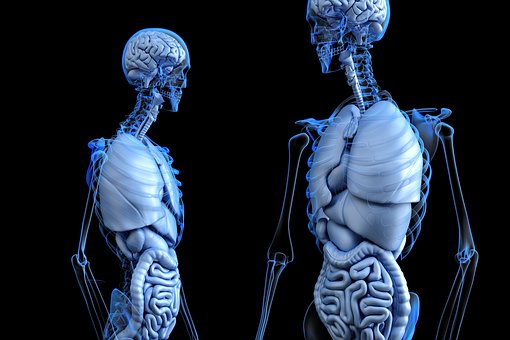Asparagus sprouts up early in spring. Ignore the unique scent it imbues to urine; it’s just that digestion releases asparagusic acid which metabolizes into sulfur-containing compounds. Proust rather liked it. Asparagus “…transforms my chamber-pot into a flask of perfume.” Marcel Proust (1871–1922) Take advantage of this delicious and rich prebiotic source to feed your healthy microbes. Asparagus delivers […]
Bowel Prep for Colonoscopies Disrupts Microbes
Colonoscopy is the gold standard for finding and removing polyps which could cause colon cancer. Prepping for the test requires imbibing volumes of laxative solutions to cleanse (via diarrhea) the bowel for better viewing. Not fun, but the doctor needs to see a clear picture. One interesting question which rarely comes up is how do […]
IPA World Congress + Probiota in Barcelona, February 7-9, 2018
IPA’s George Paraskevakos and Elisa Fernandez travelled to Barcelona, Spain (tough job) in early February to kick-off IPA World Congress + Probiota. On the agenda this year were engaging sessions on modulating the microbiome for sports performance, consumer understanding of pre- and probiotics, the importance of the microbiota in the first 1000 days of life, […]
Probiotics Join the Fight Against Flu
Like winter, flu season is etched on our calendars. This year many countries are reporting high flu activity and low success of vaccines against the dominant H3N2 strain, according to the Centers for Disease Control and Prevention (CDC). Because viruses mutate over time, the formulated vaccines don’t always prevent the flu. Better solutions are needed. […]
Q&A: IPA’s George Paraskevakos Goes to China
Q&A with George Paraskevakos, Executive Director of International Probiotics Association (IPA) In late January of 2018, George traveled to Beijing, China to present to 2500 regulators and physicians. The China Health Industry Technology & China Microecological Health Conference hosted the gathering at the storied Beijing Hotel where heads of states have met throughout its history. […]
Fiber Gives Microbes Much to Chew On
Lentils, black beans, broccoli, mango, raspberries— slivers of the fibrous firmament—taste better than chips or fries and work for us instead of against. A high-fiber diet helps prevent a litany of diseases including cancer, heart disease, diabetes and obesity. Scientists have teased out many clues for how it works; only recently however have they targeted […]






